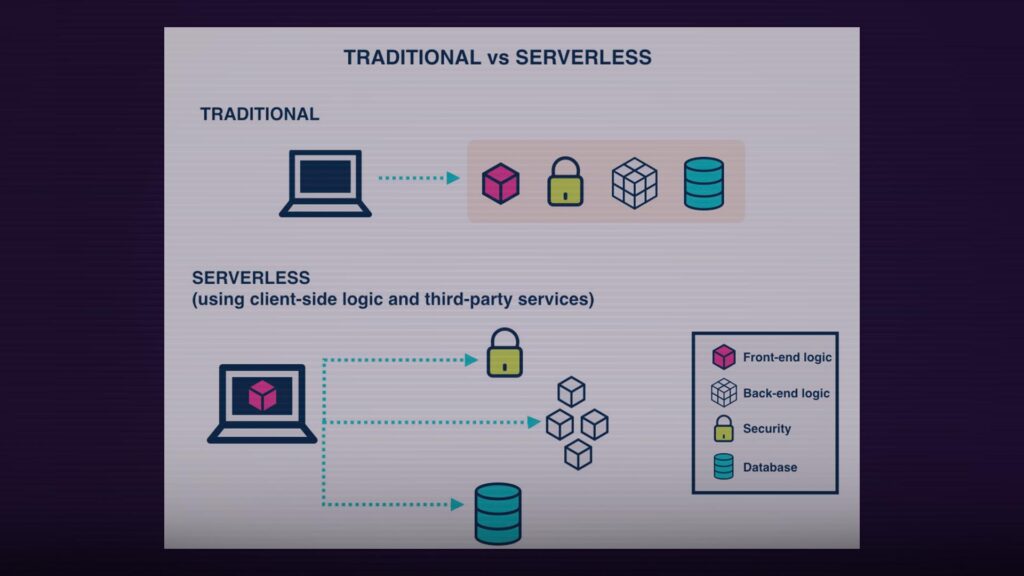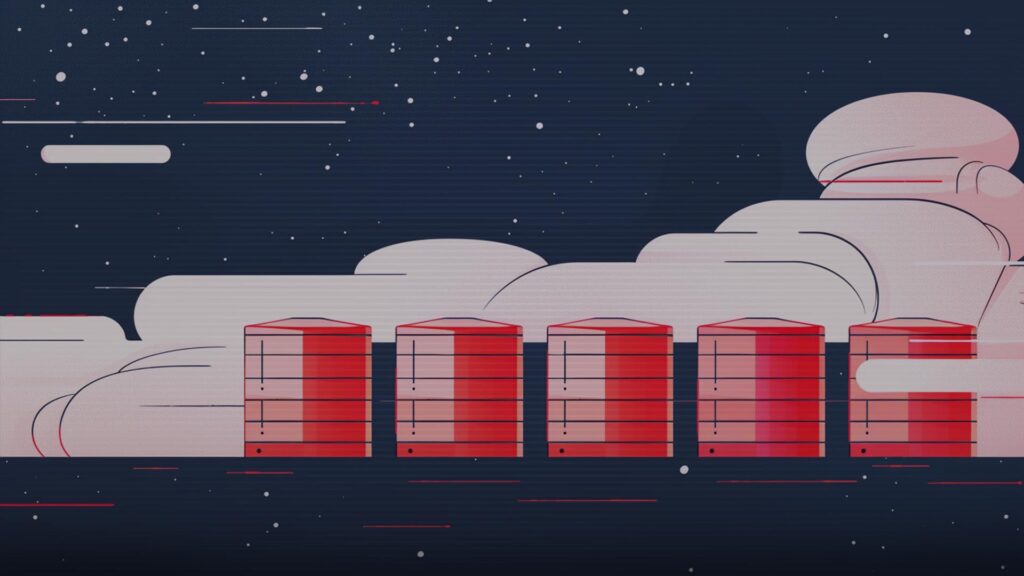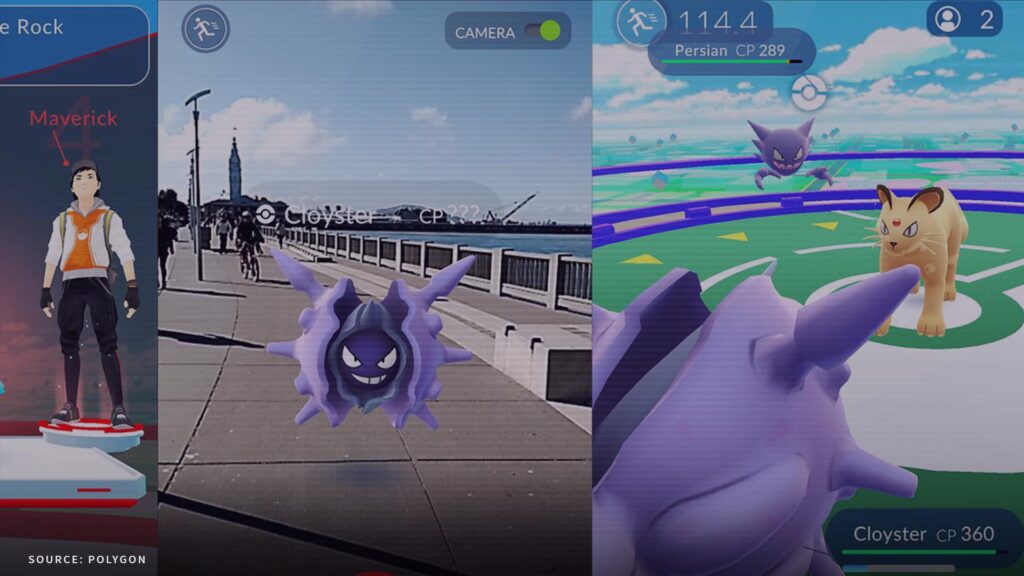As the gaming industry continues to embrace cloud technologies, serverless architectures offer a compelling alternative to traditional server hosting, providing a more agile, scalable, and cost-effective solution for managing dynamic game workloads. The serverless computing concept revolves around the idea of executing code and managing resources on-demand, without the need for provisioning or maintaining servers. Instead of relying on dedicated server infrastructure, serverless architectures leverage cloud-native services and technologies, such as Function-as-a-Service (FaaS) platforms, to run code in response to specific events or triggers.
The relevance of serverless computing in the gaming industry lies in its ability to address the unique challenges that traditional server hosting faces. Online games often experience unpredictable and volatile traffic patterns, with sudden surges in player activity during peak hours, new content releases, or in-game events. These fluctuations in demand can strain server resources, leading to performance issues, increased operational costs, and potential downtime. Traditional server hosting approaches require careful planning, manual scaling, and resource over-provisioning to accommodate these spikes in usage. This not only increases infrastructure costs but also introduces operational complexities, as server hosters need to constantly monitor and adjust resources to maintain optimal performance.
Furthermore, the rapid pace of development in the gaming industry demands frequent updates and feature releases, which can be hindered by the limitations of monolithic server architectures and the overhead of managing and maintaining physical or virtual server instances. Serverless architectures promises to alleviate these challenges by offering automatic scaling, pay-per-use pricing models, and streamlined deployment processes. Adopting a serverless architecture for game backends can provide several significant advantages over traditional server hosting approaches: One of the primary benefits of serverless computing is the Cost Efficiency via its pay-per-use pricing mode. Unlike traditional servers, where resources are provisioned and paid for regardless of usage, serverless architectures only incur costs when functions are actively executing. This means that during periods of low activity, game backends can operate at minimal or even zero cost, eliminating the need to pay for idle resources. Additionally, serverless platforms automatically scale up or down based on demand, ensuring that resources are efficiently allocated and utilized, further optimizing costs.

The next point is Scalability. Online games can experience sudden and unpredictable spikes in player traffic, whether due to updates, events, or viral popularity. Traditional server architectures often struggle to handle these surges, requiring manual scaling efforts and resource over-provisioning. With serverless architectures, game backends can scale automatically and seamlessly, adapting to fluctuations in demand without intervention. This elasticity ensures that players experience consistent performance, even during peak periods, without the risk of downtime. By offloading server management tasks to cloud providers, serverless architectures significantly Reduce the Operational Overhead for game developers and server hosters. Tasks such as provisioning, patching, scaling, and maintaining servers are handled by the cloud provider, freeing up valuable resources and allowing teams to focus on core game development and delivering refined player experiences.
In traditional monolithic architectures, updates and deployments often require extensive testing, load balancing adjustments, and potential downtime. Serverless functions, on the other hand, are decoupled and can be updated and deployed independently. This modular approach enables developers to iterate and roll out new features or bug fixes rapidly, without impacting the entire application. Consequently, players can enjoy a more seamless experience with frequent improvements and updates. Finally, serverless architectures seamlessly integrate with a wide range of cloud services. These services include managed databases, authentication and authorization systems, real-time messaging, analytics, and more. By leveraging these fully-managed services, game developers and server hosters can focus on core game logic and functionality, without the overhead of setting up and maintaining additional infrastructure components.

While the benefits of serverless architectures for game backends are compelling, successfully implementing them requires careful consideration and planning. Here are some key aspects to consider: The first step is selecting the appropriate cloud provider that aligns with your specific requirements and existing technology stack. Evaluate factors like pricing models, language support, integration capabilities, and the availability of complementary services for databases, messaging, analytics, and more. Another vital point to keep in mind is quite obvious: design your game for a serverless state. Transitioning from traditional uniform architectures to serverless requires a shift in mindset and design approach. Game logic must be decoupled into independent, modular functions that can be triggered by specific events or actions. This event-driven architecture promotes scalability, parallel execution, and efficient resource utilization. Additionally, leveraging managed cloud services for databases, authentication, messaging, and analytics can further enhance the serverless architecture’s capabilities.
Managing game state and persistent data storage is another crucial consideration in serverless architectures. While serverless functions are stateless by nature, games often require maintaining player progress, game world data, and other persistent information. Strategies like using managed databases, object storage, or distributed caching mechanisms can be employed to ensure data persistence and efficient retrieval across serverless function invocations. Testing and debugging serverless functions and architectures can present unique challenges due to their distributed and event-driven nature. Techniques like unit testing, integration testing, and leveraging cloud provider tools for monitoring, logging, and tracing can aid in identifying and resolving issues. Additionally, implementing proper error handling, retries, and fallback mechanisms can enhance the robustness and resilience of serverless game backends.

Several game developers have successfully implemented serverless architectures, demonstrating their real-world potential. EA DICE leveraged AWS Lambda and DynamoDB to build a highly scalable backend for Battlefield V, handling massive player traffic during launches without manual scaling efforts. They also implemented a serverless data pipeline for real-time analytics, enabling data-driven optimization of the game experience. Similarly, Niantic adopted Google Cloud Functions for the viral hit Pokémon GO, allowing them to scale seamlessly and handle millions of concurrent players during the launch phase without any downtime or performance issues. The serverless architecture facilitated rapid feature iteration and deployment, enhancing the overall player experience. Key lessons learned from these implementations include the importance of designing stateless, idempotent functions, implementing robust error handling and retries, and adopting event-driven, decoupled architectures. Robust testing frameworks, continuous integration and continuous deployment (CI/CD) pipelines, and careful monitoring and logging strategies are also crucial for ensuring reliable and consistent deployments in distributed serverless environments.
In summary, while adopting serverless architectures presents new challenges in terms of design, testing, and monitoring, the potential benefits are too significant for game developers to ignore, enabling them to provide seamless, high-performance gaming experiences while optimizing resource utilization and staying ahead of the curve. For server hosters, serverless architectures offer a compelling opportunity to future-proof their game hosting offerings and meet the evolving demands of the gaming industry. By supporting serverless computing, server hosters can deliver cost-effective, scalable, and agile solutions, solidifying their position as trusted partners.

















